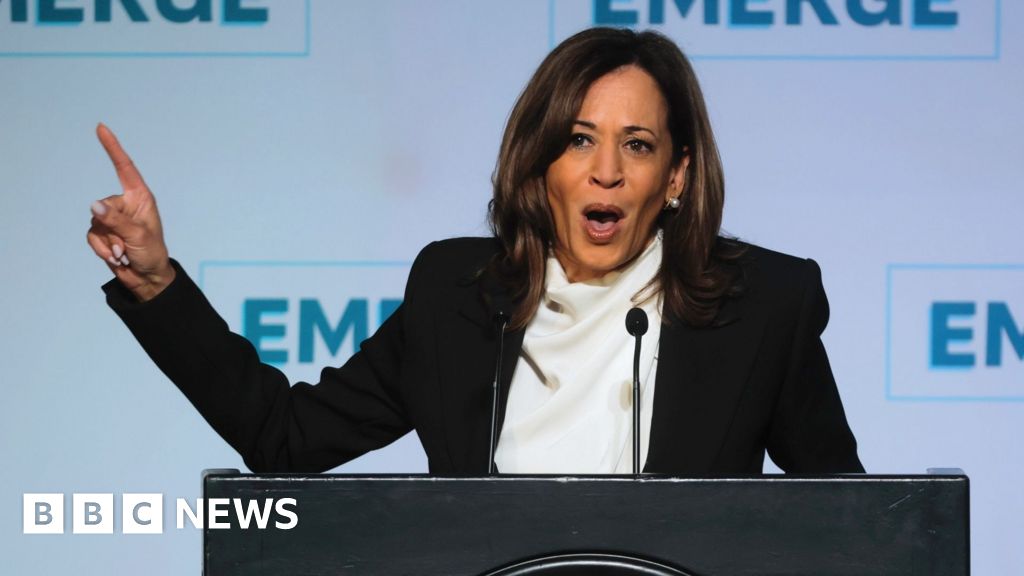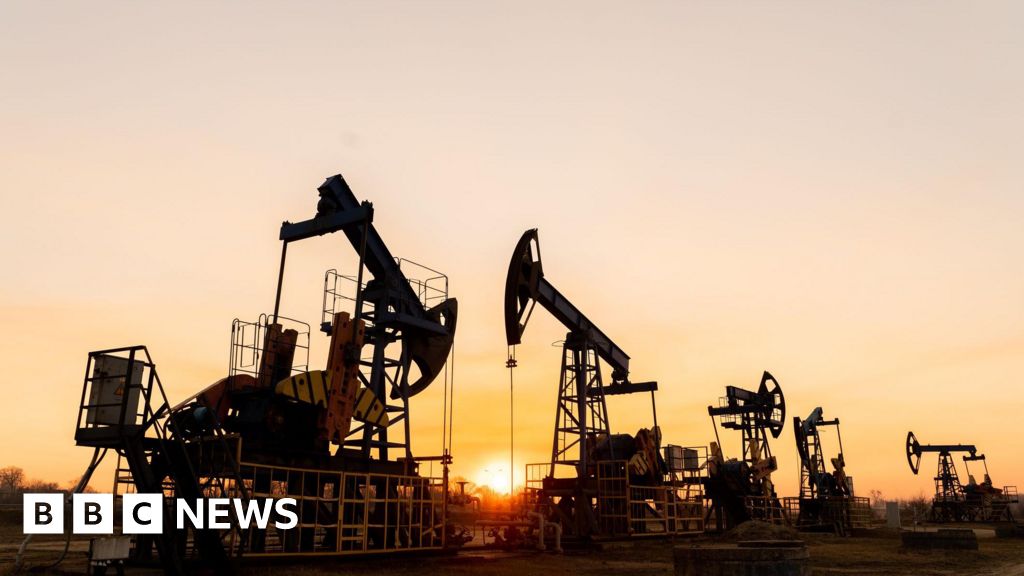Venezuelan opposition urges more protests as post-election tensions simmer | Elections News
The political opposition in Venezuela has called for more mass demonstrations as anger continues to boil over President Nicolas Maduro’s disputed election victory.
Opposition leader Maria Corina Machado urged Venezuelans to take to the streets on Saturday in protest of Maduro’s re-election, which has thrust the South American nation into a political crisis and drawn international criticism.
“We must remain firm, organised and mobilised with the pride of having achieved a historic victory on July 28, and the awareness that to claim victory we will also go all the way,” Machado said on social media.
Earlier this week, Venezuela’s National Electoral Council (CNE) formally declared Maduro the winner of Sunday’s presidential vote.
The CNE said Maduro had secured 51 percent support to win another six-year term, compared with 44 percent for his main challenger Edmundo Gonzalez.
But the country’s opposition has said its tally of about 90 percent of the votes showed Gonzalez received more than double the support of the incumbent president.
The opposition has released detailed tallies on a public website, but the government has so far not shared any information beyond a national total of votes for each candidate despite a recent pledge by Maduro to release “100 percent of the records”.
The Venezuelan president, who came to power in 2013 following the death of his mentor and predecessor Hugo Chavez, has faced widespread domestic and international pressure to provide a transparent accounting of the vote.
Maduro has accused his political opponents of stoking unrest, blaming Gonzalez “for everything that is happening in Venezuela”, including “criminal violence … the wounded, the dead, the destruction”.
On Friday, Venezuela’s Foreign Minister Yvan Gil said the United States is “at the forefront of a coup attempt”.
Meanwhile, the opposition movement headed by Machado, Vente Venezuela, said “six men hooded and without identification overpowered security guards” and entered its headquarters overnight on Friday.
“They threatened them and proceeded to make graffiti, break doors and take equipment,” Vente Venezuela said on X, where it released videos showing walls covered in black paint.
“We denounce the attacks and lack of security to which we are subjected for political reasons,” the movement added.
Maduro’s election victory pushed thousands of Venezuelans to demonstrate in the capital, Caracas, and other parts of the country this week, where they were met by tear gas and rubber bullets fired by police.
Human Rights Watch said on Wednesday it had received reports of 20 deaths in post-election demonstrations. More than 1,000 protesters have been arrested, according to the authorities, amid fears of a wider crackdown.
“We urge the Venezuelan authorities to respect the democratic process,” Laura Dib, director of the Venezuela programme at The Washington Office on Latin America, a research and advocacy group, said in a video shared on social media.
She also called on Caracas “to refrain from political persecution and repression, and guarantee the rights to peaceful assembly and free expression”.
The leaders of Mexico, Colombia and Brazil – who have pursued friendlier relations with Venezuela than other countries in the region – on Thursday urged the Venezuelan electoral authorities to “move ahead quickly and let itemised ballot box level results be known publicly”.
“We reiterate our willingness to support dialogue efforts and the search for agreements that benefit the Venezuelan people,” the leaders said in a statement.
“The fundamental principle of popular sovereignty must be respected through impartial verification of the results.”
The Venezuelan Supreme Court has summoned all the presidential candidates to a hearing on Friday afternoon following Maduro’s request that it initiate a process to investigate and certify the election results.
Meanwhile, in response to election-related criticism, Venezuela has expelled diplomats from Argentina and five other countries – Chile, Costa Rica, Panama, the Dominican Republic and Uruguay.
Caracas and Lima expelled each other’s diplomats after Peru recognised Gonzalez as Venezuela’s elected president.
The United States also recognised Gonzalez as the winner of the election on Thursday, with Secretary of State Antony Blinken saying there was “overwhelming evidence” that the opposition leader had defeated Maduro.
Blinken urged “Venezuelan parties to begin discussions on a respectful, peaceful transition in accordance with Venezuelan electoral law and the wishes of the Venezuelan people”.
In a post on X, Gonzalez on Friday thanked the US “for recognizing the will of the Venezuelan people reflected in our electoral victory and for supporting the process of restoring democratic norms in Venezuela”.
Check out our Latest News and Follow us at Facebook
Original Source






